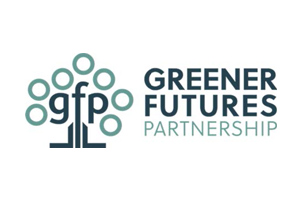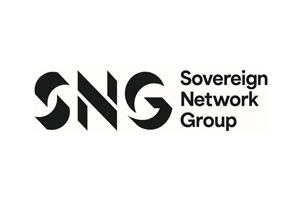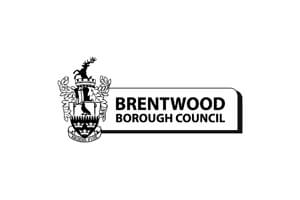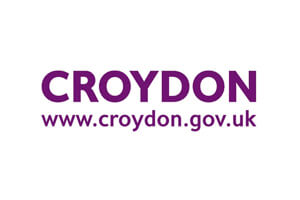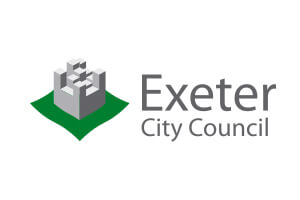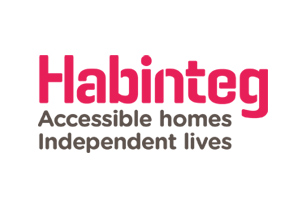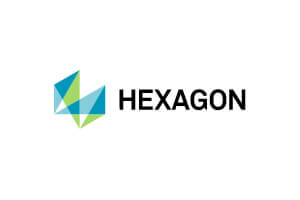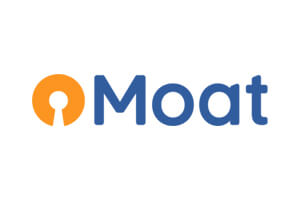The role of market engagement under the Procurement Act 2023
In the first of our series of bite-sized thought leadership pieces on the new Procurement Act, due to go live on 24th February 2025, Echelon Consultancy’s CEO Mathew Baxter explores the role of market engagement in the process.
Although there’s still no formal requirement to undertake market engagement as part of a procurement exercise, the intent of the new Procurement Act is clearly to encourage organisations to proactively use market engagement to help inform the process.
I’ve always been an advocate of early and iterative market engagement, which gives clients the opportunity to develop a final delivery model through a structured process of interaction with potential suppliers.
Echelon consistently advises clients to undertake market engagement exercises, where appropriate, and in our experience, it aids with the development of more comprehensive and robust contracts.
Recent examples include events for clients such as Newlon Housing Trust, Brighter Places, LiveWest, Norwich City Council and Livin. We’re currently working with bpha on the procurement of a contract to deliver an extensive refurbishment project and a market engagement event is being held today, which includes a site visit.
Our framework management company Pretium also adopts similar principles when we’re creating new frameworks. For example, we had a market engagement event prior to the procurement of the GFP decarbonisation delivery framework that was attended by over 100 stakeholders.

Echelon Consultancy CEO, Mathew Baxter
Under the new Procurement Act, organisations will be required to issue a plethora of new notices. This includes the new Preliminary Market Engagement Notice, which serves several purposes:
- Invitation to suppliers: It invites suppliers to participate in preliminary market engagement activities, which can include market engagement days, webinars, or other less formal interactions.
- Notification of engagement: It notifies the market that preliminary market engagement has occurred, ensuring transparency and a level playing field for all potential suppliers.
- Legal framework: The main provisions governing preliminary market engagement are included in sections 16 and 17 of the Procurement Act 2023. These sections outline the permitted purposes of such engagement and require contracting authorities to ensure that participating suppliers are not unfairly advantaged.
Organisations that don’t carry out market engagement exercises will be required to provide justification for their decision in not doing so in the new Tender Notice, and as a result we expect to see much more frequent use of market engagement in the tender process.
What is market engagement?
So, what is market engagement and how can you ensure that you get the most out of it?
At Echelon, we’ve always encouraged clients to hold face-to-face market engagement that actively involves prospective suppliers.
The benefits are countless and these events act as a litmus test for the market, exploring potential options and using the knowledge and experience of suppliers to inform decision making.
Over the years we have honed our approach and find that live and interactive anonymous polls, are most effective, using a variety of open, closed and ranking questions, to gauge the views of the market on key decisions. Honesty is key!
Such events also give clients the chance to introduce themselves to the market and to build trust and confidence, as well as offering an opportunity to promote the forthcoming procurement exercise.
The future of market engagement
With a new procurement landscape just around the corner, organisations that fail to fully embrace market engagement risk getting left behind, as suppliers choose to only bid for contracts where market engagement is carried out.
So, if market engagement is not a standard part of your organisation’s procurement process, it is vital that you consider how you can incorporate it into your future procurements.
Read next: Building Regulations contractor competency – what does it mean for client organisations?







